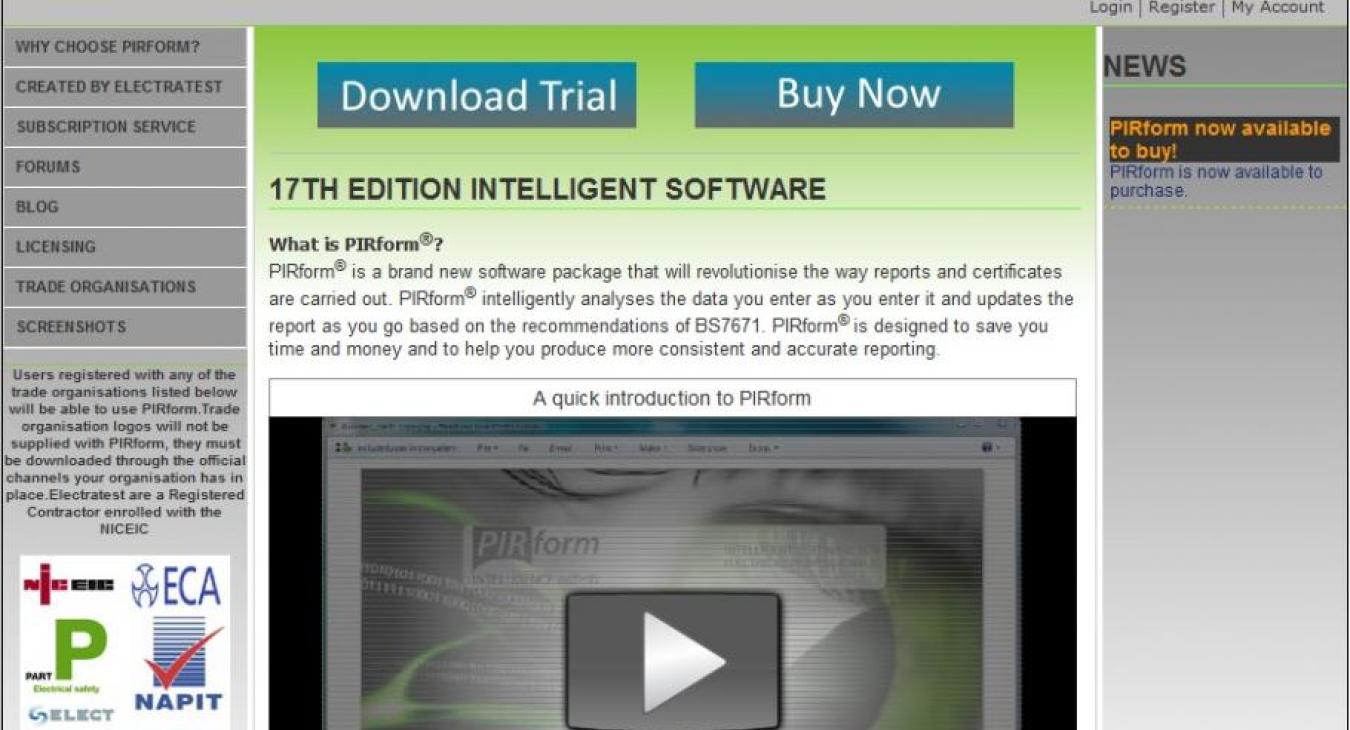I felt the strong urge to write and complain to the BBC about an edition of Cowboy Trap that aired on the 3rd June 2010. The edition in question was about some work a cowboy builder had done in a bathroom. The story cuts to Clive Holland talking to the electrician, who says that the lack of supplementary bonding in the bathroom has rendered the installation ‘a death trap’. The camera then shows the electrician installing supplementary bonding on all the bathroom pipe work. Now, in accordance with Regulation 701.415.2, a statement clearly states that.
Where the location containing a bath or shower is in a building with a protective equipotential bonding system in accordance with 411.3.1.2, supplementary bonding may be omitted where all of the following conditions are met.
All final circuits of the location comply with the requirements for automatic disconnection according to Regulation 411.3.2
All final circuits of the location have additional protection by means of an RCD in accordance with Regulation 701.411.3.3
All extraneous-conductive parts of the location are effectively connected to the protective equipotential bonding according to Regulation 411.3.1.2
As long winded as this sounds, none of this was even mentioned by the electrician.
Furthermore, Clive Holland then went on to say that you MUST have ALL electrical work carried out by a Part P or NICEIC registered contractor!
Surely an NICEIC registered contractor, having checked that the above items are in place, would have mentioned that alternatives are available, and the requirement for supplementary bonding may NOT be required. Don’t get me wrong, better to be safe than sorry as they say, but it seems that hiring a Registered Contractor doesn’t mean you’ll get someone who knows all the answers.
The reply to my complaint is below:
Dear Mr Corbett
Reference CAS-117522
Thanks for your e-mail about Cowboy Trap which you sent to us some time ago. We apologise for the very severe delay in replying. It was due to a major fault in our systems which meant that our reply wasn’t sent when you first contacted us.
We can reassure you that at the time, the points in your e-mail were included on the BBC's audience log.
This is the internal report of audience reaction which we compile daily and which is circulated to all programme makers, commissioning executives and senior management. Your points, with other comments we received, were therefore circulated and considered across the BBC at the time.
I understand you had concerns with regards to information contained in the broadcast on 3 June and I note your specific reference to electricians and Part P or NICEIC registered.
We have discussed your concerns with the production team, and with regards to Part P, this is an extract from Elecsa website (Elecsa are certification body like NICEIC).
http://www.elecsa.co.uk/partp.aspx
"The Building Regulations are managed by the Department for Communities and Local Government (DCLG). Part P is an amendment of the Building Regulations introduced by the government, effective from January 1st 2005.
The Part P requirement is that “Reasonable provision shall be made in the design and installation of electrical installations in order to protect persons operating, maintaining or altering the installations from fire or injury.”
In short, electrical installations must be safe. Part P applies to fixed electrical installations in dwellings (including gardens and shared amenities in blocks of flats) and affects many of the typical jobs undertaken by electrical contractors, particularly work carried out in kitchens and bathrooms.
Work affected by Part P is subject to notification to, and inspection by, building control bodies. However, calling in a building control officer takes time and costs money. The solution to this problem is self-certification.
Part P Competent Person Schemes like ELECSA were introduced at the same time as Part P to permit firms that had been assessed as sufficiently competent, to self-certify that their work complies with all applicable requirements of the Building Regulations.
Self-certification benefits the householder because by using a Competent Person they don’t have to pay building control fees or submit a building notice. In addition, householders have the important reassurance that by using a Competent Person, they are using a firm that has been independently assessed and certified as competent to carry out the work.
Jerry Foulkes, Executive Producer, Cowboy Trap has also asked us to pass on the following:
"The viewer is correct it must be a competent person to carry out electrical work. They do not have to be Elecsa or NICEIC registered but they must be approved to be able to self-certify their work to ensure it complies with all current building regulations. The work done by the previous builder in this programme did not comply to building regulations. The purpose of the exchange between the presenter and the builder carrying out the remedial work was to underline the importance of hiring reputable and certified contractors to do electrical work. Building Regulations are often complex and technical, but the purpose of the series is to alert viewers to the kind of questions and checks they should consider before carrying out building work. Here we discovered the importance of earth bonding, and of hiring competent persons to install electric showers and lights in bathrooms and showers. We do make careful effort to cover a range of trade bodies and organisations, such as Elecsa and NICEIC during this long-running series."
Please again accept our apologies for the unfortunate delay and thanks for taking the time to contact us.
Kind Regards
Nicola Maguire

